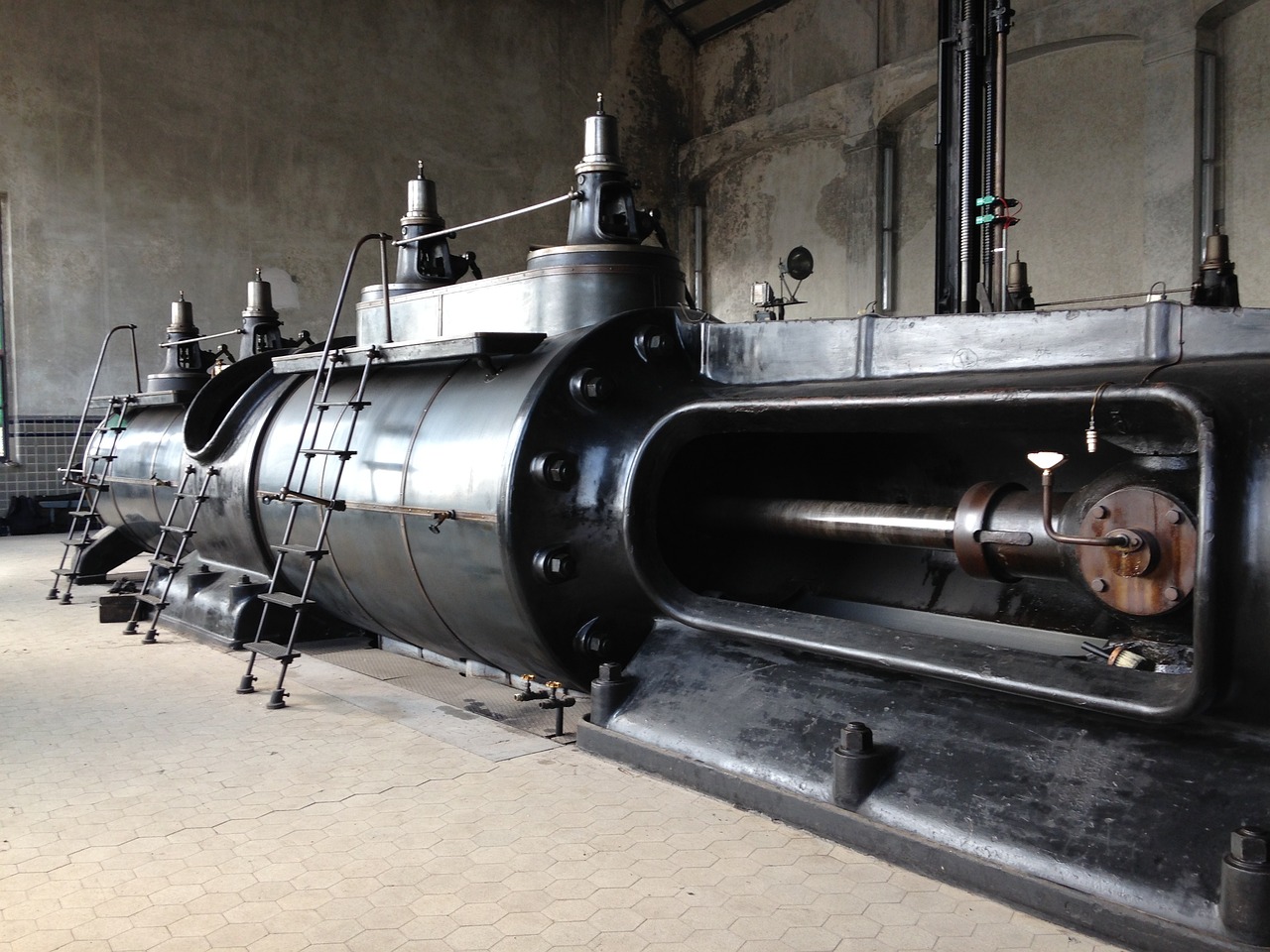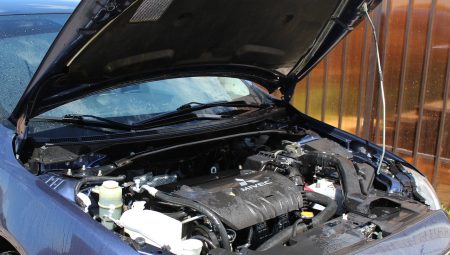The cost to fix an engine mount can vary significantly, depending on several factors. Understanding these factors is crucial for effective budgeting. Typically, you might encounter expenses related to labor, parts, and even unforeseen complications. For instance, labor costs can range from $100 to $150 per hour, while parts can vary from $50 to $200 each. Additionally, if your vehicle requires specialized tools or extra repairs, the costs can escalate quickly. Therefore, it’s wise to gather multiple quotes and consider all factors before proceeding.
Understanding Engine Mounts
Engine mounts are the unsung heroes of your vehicle, playing a crucial role in securing the engine to the frame. These components absorb vibrations and shocks, ensuring a smooth ride. Imagine them as the cushions that protect your engine from the jarring effects of the road. Without them, your vehicle would feel like a roller coaster ride, with every bump and pothole translating directly to the cabin.
There are several types of engine mounts, including:
- Rubber mounts: Commonly used for their ability to absorb vibrations.
- Hydraulic mounts: Filled with fluid, providing enhanced dampening.
- Solid mounts: Designed for high-performance vehicles, offering minimal movement.
Understanding the function of engine mounts is essential for vehicle performance and safety. They not only help in keeping the engine aligned but also play a pivotal role in reducing noise. A failing engine mount can lead to misalignment, causing undue stress on other components. So, next time you hit the road, remember the critical role these mounts play in your driving experience!
Signs of a Failing Engine Mount
Have you ever felt your car shaking or heard strange noises while driving? These could be signs of a failing engine mount. Engine mounts play a crucial role in stabilizing the engine, and when they start to wear out, it can lead to various issues. One of the first symptoms you might notice is excessive vibrations felt in the cabin. This can feel like your car is shaking more than usual, especially during acceleration. Additionally, listen for clunking or banging noises when shifting gears or going over bumps—this could indicate that the mount is no longer securely holding the engine in place.
Another clear sign is engine misalignment. If you notice that your engine seems to be sitting differently or is visibly tilted, it’s time to investigate further. Ignoring these signs can lead to more severe problems down the road, including damage to other components. So, if you’re experiencing any of these symptoms, don’t wait! Addressing a failing engine mount early can save you from costly repairs later.
Factors Influencing Repair Costs
The cost of engine mount repairs can vary significantly based on several key factors. First and foremost, labor rates play a crucial role. Depending on your location, the hourly rate for mechanics can differ widely. For instance, urban areas often have higher labor costs compared to rural regions. Additionally, the complexity of the repair itself can impact costs. Some vehicles may require more intricate work, leading to increased labor time.
Another important factor is the price of parts. OEM (Original Equipment Manufacturer) parts tend to be more expensive but offer better reliability, while aftermarket options may be cheaper but could vary in quality. It’s essential to weigh the pros and cons of each when budgeting for repairs. To give you a clearer picture, here’s a quick comparison:
| Part Type | Cost Range | Pros | Cons |
|---|---|---|---|
| OEM Parts | $100 – $300 | High reliability, perfect fit | More expensive |
| Aftermarket Parts | $50 – $150 | Cost-effective | Variable quality |
Lastly, don’t forget about any additional considerations such as warranties or previous damage to your vehicle. These elements can also influence the overall repair cost. By understanding these factors, you can better prepare your budget and avoid any financial surprises down the road.
DIY vs. Professional Repairs
When it comes to fixing your engine mounts, you might be torn between going the DIY route or hiring a professional mechanic. It’s like deciding whether to bake a cake from scratch or buy one from the store—both have their perks! If you’re handy and enjoy getting your hands dirty, tackling the repair yourself could save you some cash. However, don’t underestimate the complexity of engine mounts; they’re not just bolts and rubber!
On the flip side, professional repairs come with the assurance of expertise. Mechanics have the tools and experience to diagnose and fix issues quickly, which can be a lifesaver if you’re unsure what you’re doing. Plus, if something goes wrong, you won’t be left scratching your head. Think of it as having a safety net.
Here are some factors to consider when making your decision:
- Skill Level: Are you comfortable working on cars?
- Time: Do you have the time to invest in a DIY project?
- Cost: Can you afford professional help, or do you want to save?
Ultimately, the choice depends on your confidence and budget. If you’re unsure, it might be wise to consult a mechanic for a quick assessment before diving in. After all, you wouldn’t want to end up with a bigger mess than you started with!
Average Cost of Engine Mount Replacement
The average cost of replacing an engine mount can vary significantly based on several factors. Typically, you might expect to pay anywhere from $200 to $600 for parts and labor combined. This range can be influenced by your vehicle’s make and model, as some cars require more intricate work than others. For instance, luxury vehicles often have higher repair costs due to specialized parts and labor.
To give you a clearer picture, here’s a simple breakdown:
| Vehicle Type | Average Cost |
|---|---|
| Compact Cars | $200 – $400 |
| SUVs | $300 – $500 |
| Luxury Cars | $500 – $800 |
Additionally, it’s essential to consider the labor costs, which can range from $100 to $150 per hour. This can add up quickly, especially if the repair is more complex. Always remember to get multiple quotes from different mechanics to ensure you’re getting a fair deal. In the end, investing in quality repairs can save you from more significant issues down the road.
Choosing Quality Parts
When it comes to replacing engine mounts, the quality of parts you choose can make a world of difference. Opting for OEM (Original Equipment Manufacturer) parts ensures that you’re getting components specifically designed for your vehicle. These parts typically offer better durability and fit, which can save you money in the long run by reducing the need for frequent repairs.
On the other hand, aftermarket parts can be tempting due to their lower price, but they often come with varying levels of quality. While some aftermarket options are excellent, others may not meet the same standards as OEM parts. It’s crucial to do your homework—read reviews, and consult with your mechanic to determine the best choice for your vehicle.
Additionally, consider the following factors when choosing parts:
- Warranty: A solid warranty can indicate quality and provide peace of mind.
- Brand Reputation: Well-known brands often have a track record of reliability.
- Compatibility: Ensure the parts are compatible with your vehicle’s make and model.
In the end, investing in quality parts not only enhances your vehicle’s performance but also contributes to your safety on the road. Remember, a wise investment today can prevent headaches tomorrow!
Labor Costs Explained
When it comes to engine mount repairs, labor costs can vary significantly based on a few key factors. First, consider your location; urban areas often have higher hourly rates compared to rural regions. Additionally, the complexity of the repair plays a crucial role. For instance, if the engine mount is easily accessible, the labor time required will be less, thus lowering your overall cost.
On average, you might expect to pay anywhere from $75 to $150 per hour for professional labor. To give you a clearer picture, here’s a simple breakdown:
| Location | Average Hourly Rate |
|---|---|
| Urban Areas | $100 – $150 |
| Suburban Areas | $75 – $100 |
| Rural Areas | $50 – $75 |
Furthermore, the type of service provider you choose can also impact costs. Dealerships typically charge more due to their specialized knowledge and use of OEM parts, while independent mechanics might offer more competitive pricing. Ultimately, it’s essential to balance cost with quality to ensure your engine mounts are repaired correctly.
Preventive Maintenance Tips
Maintaining your engine mounts is crucial to ensure your vehicle runs smoothly and safely. Just like how regular check-ups keep us in good health, your car needs attention too! Start by inspecting your engine mounts periodically for any visible signs of wear, such as cracks or tears. It’s also wise to pay attention to unusual vibrations or noises while driving, as they can signal underlying issues.
In addition to inspections, consider scheduling routine maintenance with a trusted mechanic. Regular oil changes and fluid checks can significantly reduce strain on engine mounts. You might also want to keep an eye on your vehicle’s alignment and suspension, as poor alignment can lead to premature mount wear.
Lastly, always use quality parts when repairs are necessary. Investing in high-quality replacements may seem costly upfront, but they can save you from frequent repairs down the line. Remember, a little prevention goes a long way in keeping your ride smooth!
When to Seek a Second Opinion
Sometimes, getting a second opinion on repair estimates can be a game-changer. Imagine being told you need a costly engine mount replacement, only to find out it’s a minor issue after consulting another mechanic. It’s like discovering a hidden treasure! Here are a few scenarios when seeking a second opinion is wise:
- High Repair Estimates: If the quote feels sky-high, it’s worth checking with another shop.
- Unclear Diagnosis: If the mechanic’s explanation is vague, a second opinion can clarify things.
- Suspicion of Upselling: If you feel pressured to agree to additional services, trust your instincts.
Remember, it’s your vehicle and your money. Don’t hesitate to ask questions and gather more information before making a decision. After all, a little extra effort can save you a lot of cash and ensure your car is in the best hands!





